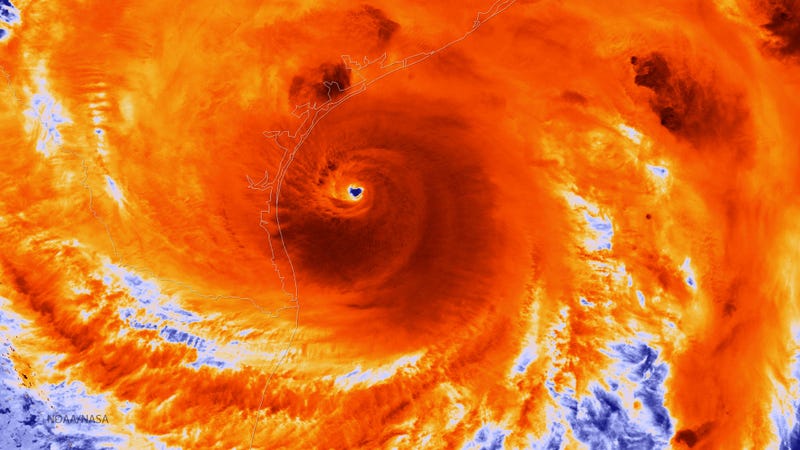As hurricane season picks up, make sure you are prepared for the storms approaching. Here's a list of items from READY.gov to have for your disaster kit.
Basic Emergency Supply Kit- A basic emergency supply kit could include the following recommended items:
- Water (one gallon per person per day for at least three days, for drinking and sanitation)
- Food (at least a three-day supply of non-perishable food)
- Battery-powered or hand crank radio and a NOAA Weather Radio with tone alert
- Flashlight
- First aid kit
- Extra batteries
- Whistle (to signal for help)
- Dust mask (to help filter contaminated air)
- Plastic sheeting and duct tape (to shelter in place)
- Moist towelettes, garbage bags and plastic ties (for personal sanitation)
- Wrench or pliers (to turn off utilities)
- Manual can opener (for food)
- Local maps
- Cell phone with chargers and a backup battery
Additional Supplies - Cloth face coverings (for everyone ages 2 and above), soap, hand sanitizer, disinfecting wipes to disinfect surfaces
- Prescription medications
- Non-prescription medications such as pain relievers, anti-diarrhea medication, antacids or laxatives
- Prescription eyeglasses and contact lens solution
- Infant formula, bottles, diapers, wipes and diaper rash cream
- Pet food and extra water for your pet
- Cash or traveler's checks
- Important family documents such as copies of insurance policies, identification and bank account records saved electronically or in a waterproof, portable container
- Sleeping bag or warm blanket for each person
- Complete change of clothing appropriate for your climate and sturdy shoes
- Fire extinguisher
- Matches in a waterproof container
- Feminine supplies and personal hygiene items
- Mess kits, paper cups, plates, paper towels and plastic utensils
- Paper and pencil
- Books, games, puzzles or other activities for children
Pet Emergency Disaster Kit - Food (at least a three day supply in an airtight, waterproof container)
- Water (at least three days of water specifically for your pets)
- Medicines
- Medical records, proof of vaccinations, registration and adoption documents (talk to your veterinarian about microchipping)
- First aid kit (cotton bandage rolls, bandage tape and scissors, antibiotic ointment, flea and tick prevention, latex gloves, isopropyl alcohol, saline solution and a pet first aid reference book)
- Collar or harness with ID tag, rabies tag and a leash
- Crate or pet carrier (a sturdy, safe crate or carrier large enough for your pet to stand, turn around and lie down)
- Sanitation needs (litter box and litter, newspapers, paper towels, plastic trash bags and household chlorine bleach)
- A picture of you and your pet together to prove ownership (add species, breed, age, sex, color and distinguishing characteristics)
- Familiar items (treats, toys and bedding can help reduce stress for your pet)

